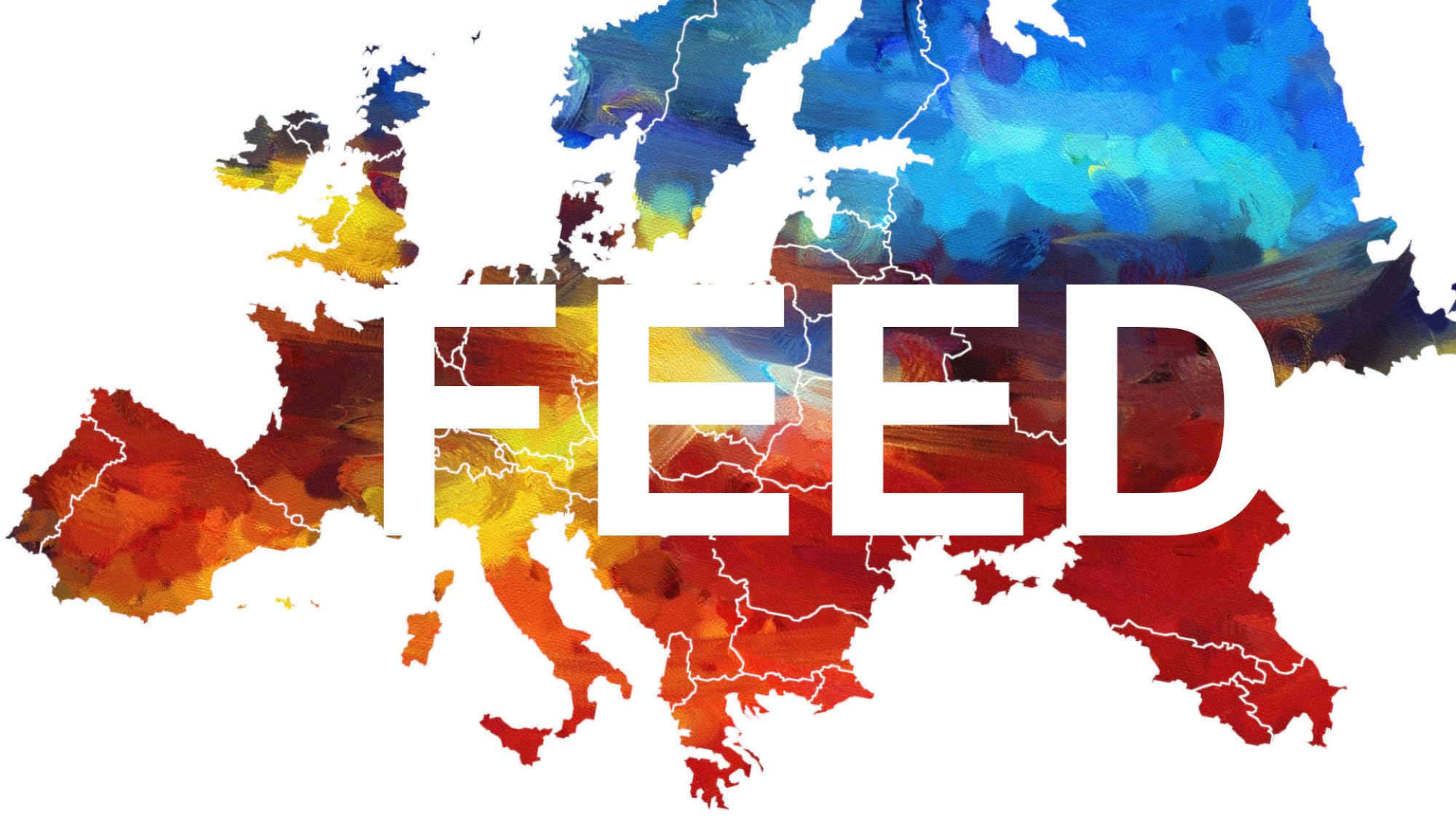New Applications
FEED is currently a small charity and it has a limited amount of money available for grants.
- Given its limited resources, FEED favours applications from organizations for special projects with limited opportunities for funding from elsewhere, rather than applications from individuals.
- Grant proposals should be consistent with the aims and objectives of FEED: “to advance public education throughout Europe in the field of political economy, with particular regard to evolutionary and institutional approaches to economic theory and policy.”
- Preference is also given to projects that relate closely to existing networks of evolutionary and institutional economists in Europe.
The amount of money available for grants is normally determined annually by the Trustees of FEED and depends on the value of FEED investments. Decisions on the allocation of grants are made by the FEED Trustees.
Applications for FEED grants should be made to the FEED Chair.
Award decisions made at September 1st meeting 12.00 GMT
Applications to be sent to Chair before meeting begins.
FEED trustees agree to awards within annual surplus.
Past Awards
2022 Awards
2021 Awards:
Revue de la Regulation, Prof. Jean-Christophe Graz, Université de Lausanne
Up to November 2016, FEED had distributed a total of £120,656 in grants to individuals and organizations.
Grants have been given to the European Association for Evolutionary Political Economy (EAEPE), the Association for Critical Economists, the Association for Heterodox Economists, the World Interdisciplinary Network for Institutional Research (WINIR), the Centre for Evolutionary Economics (Moscow), International Student Initiative for Pluralist Economics, and several others.
These grants have been used to help finance conferences and workshops, to assist individuals in conference attendance and generally to help promote evolutionary and institutional perspectives in economics.
FEED plans to maintain its charitable activities with revenues accruing from its investments.
Elinor Ostrom Prize Competition
From 2014 FEED has funded the Elinor Ostrom Prize of £1000, awarded each year for the best full-length article published in the Journal of Institutional Economics in the preceding calendar year.
The Mark Blaug Student Essay Prize Competition
From 2015 FEED has funded the Mark Blaug Student Essay Prize.
The 2007 Veblen Prize Competition
In 2007 FEED was the major funder of a prize competition to commemorate the 150th anniversary of the birth of the American institutional and evolutionary economist Thorstein Veblen.
This prize competition was for works unpublished or published no earlier than 2005. The prizes of £2000 each were presented at the EAEPE conference in Porto in Portugal on Saturday 3 November 2007.
Winners of Category 1
For candidates born on or after 1 January 1973, or currently enrolled PhD students, or candidates who were awarded their PhD on or after 1 January 2003.
- Olivier Brette, ‘Expanding the Dialogue Between Institutional Economics and Contemporary Evolutionary Economics: Veblen’s Methodology as a Framework’, Journal of Economic Issues, 40(2), June 2006, pp. 493-500.
This published journal article addresses the question of possible links between various traditions of institutional economics, neo-Schumpeterian evolutionary economics and the regulation school. In a highly creative move, Brette uses Veblen’s methodological framework to consider points of both dialogue and possible fusion.
- Zdravka K. Todorova, Reconsidering the Role of Households in Economic Theory, PhD Thesis, University of Missouri – Kansas City, 2007.
This ambitious PhD thesis considers the role of households within a micro-macro framework developed from a Post Keynesian and chartalist monetary theory of production. The work adds a further, Veblenian dimension by addressing the roles of gender and production in a pecuniary culture. It is a highly skilful and creative synthesis.
Winners of Category 2
For candidates who did not qualify for Category 1.
- Avner Greif, Institutions and the Path to the Modern Economy: Lessons from Medieval Trade (Cambridge and New York: Cambridge University Press, 2006).
Greif’s book focuses on the evolution of the basic economic institutions of property and contract enforcement from medieval times. Using a combination of economic theory and rich empirical material, Greif develops an original and powerful explanation of the development of these institutions, which respects both cultural and historical specificities.
- Arild Vatn, Institutions and the Environment (Edward Elgar: Cheltenham UK and Northampton MA USA, 2005).
Vatn’s book addresses the urgent question of environmental policy and shows that an understanding of the role of institutions is vital in this area. It incorporates insights on institutions from both mainstream and heterodox traditions of thought. Magisterial and comprehensive, it is both a textbook and an inspiring, pioneering monograph.
